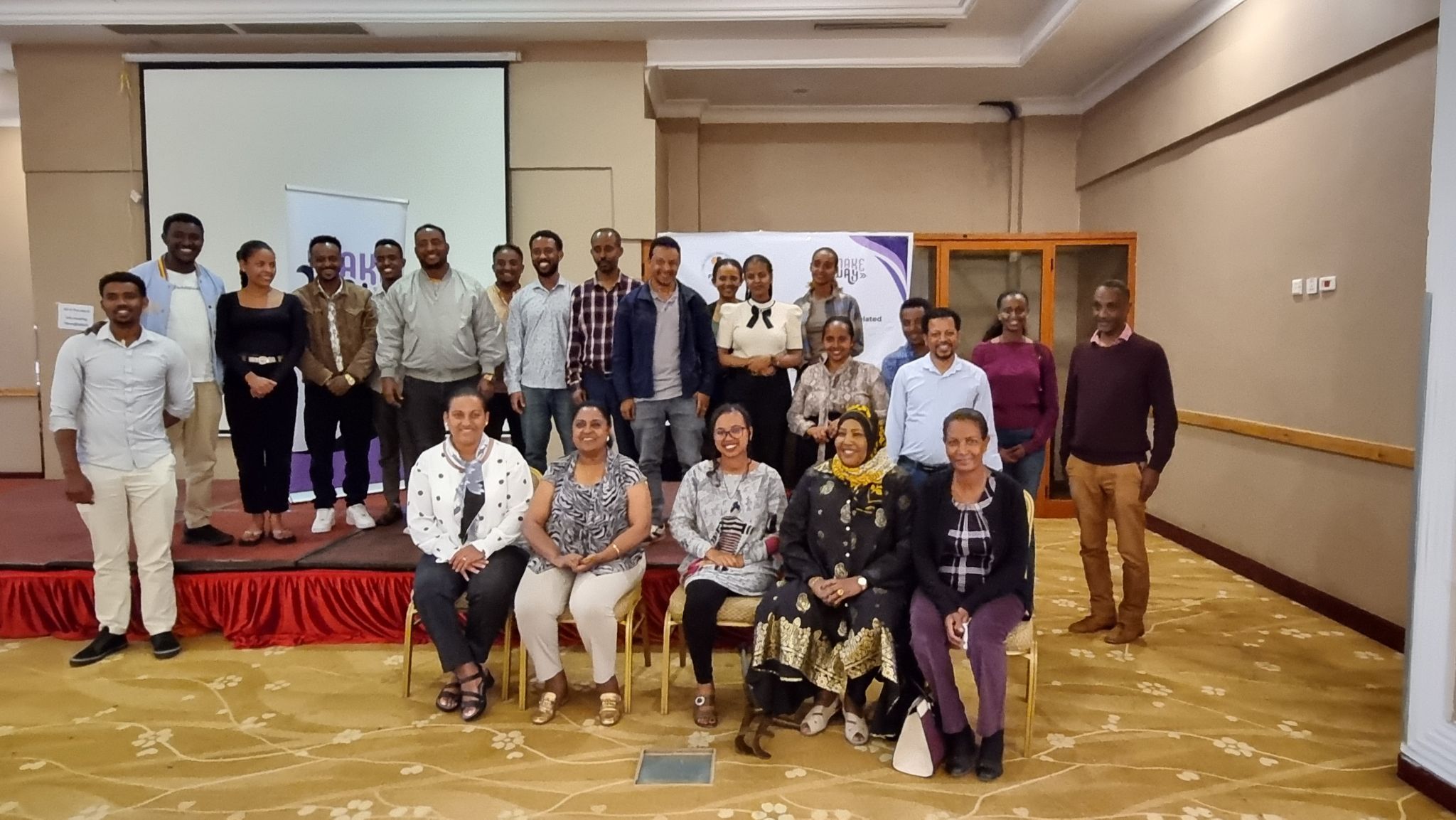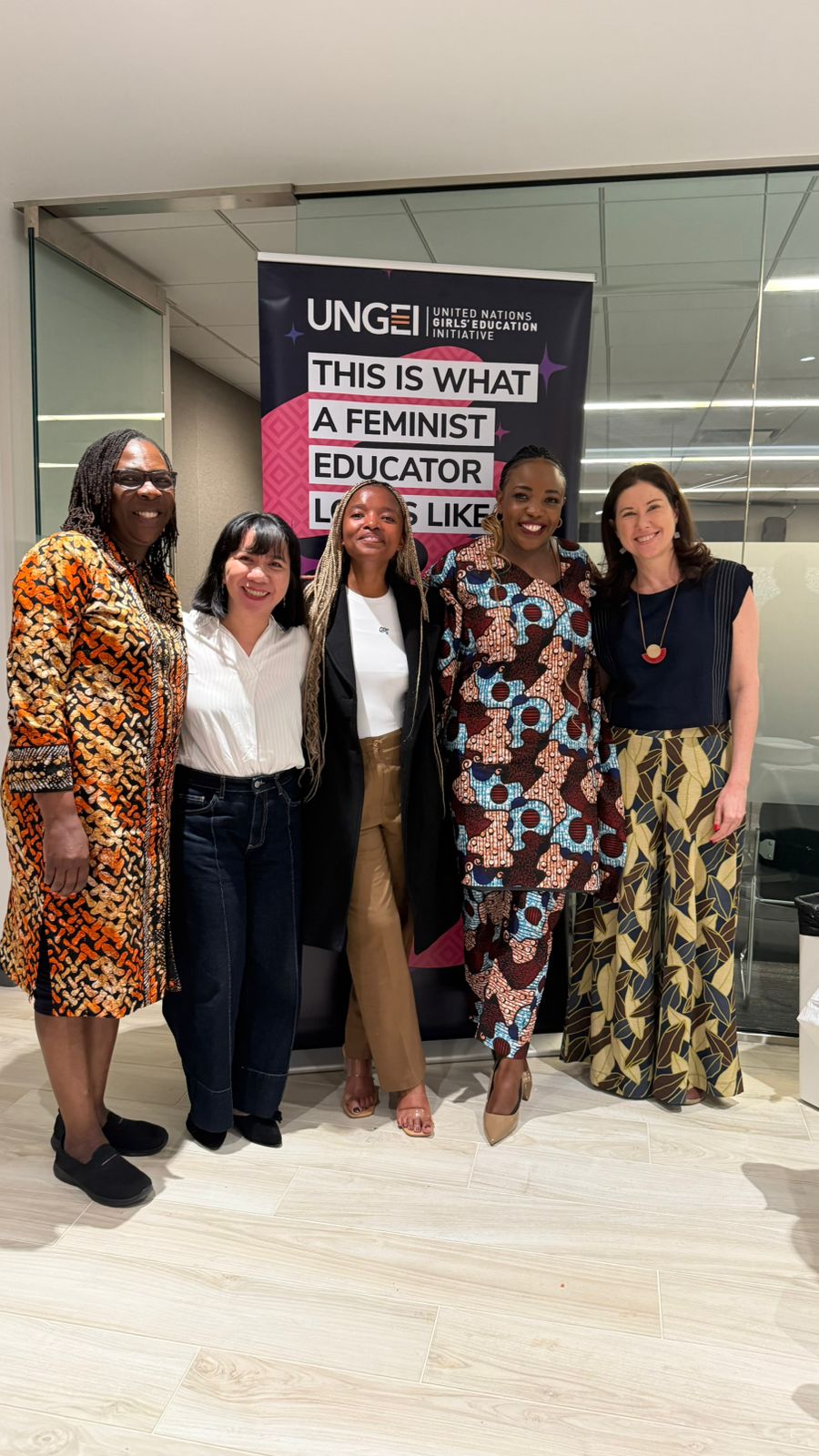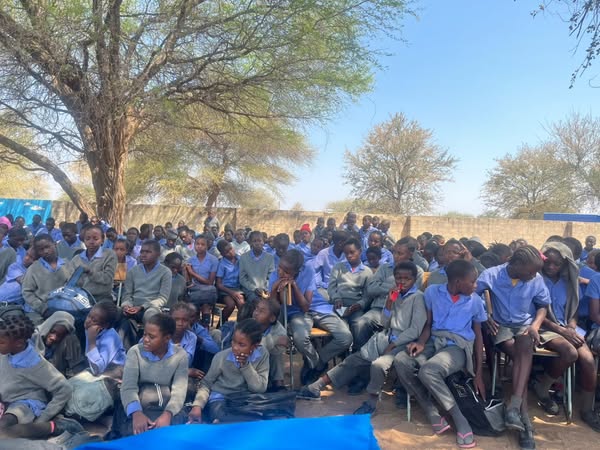There’s something powerful that happens when youth aren’t just invited into the room — but centered in the conversation. That’s exactly what unfolded on May 20, 2025, when FAWE Ethiopia convened a groundbreaking consultative workshop focused on one essential truth: young people — especially the most vulnerable among them — must be meaningfully engaged in decisions about their own bodies, futures, and rights.
The room wasn’t just filled with policymakers. It was alive with potential. A dynamic blend of 35 participants, including representatives from federal and regional government sectors from Health Bureaus to the Ministry of Finance, Youth & Sport, Planning & Development, Civil Society Organizations, and, crucially, youth themselves, gathered not to speak about young people, but to speak with them.
The session was grounded in two key inputs: the National Adolescent & Youth Engagement Guideline and the real-world insights from the National Adolescent and Youth Health (AYH) Council. But more than presentations, what took place was a call to reimagine participation — not as symbolic, but as structural. Not as passive, but as powerful.
What emerged was clear:
- Youth must be equipped with information and skills.
- Government bodies must be challenged to open their processes, listen actively, and be held accountable.
- Collaboration must be cross-sectoral, especially between health, education, youth, and gender-focused ministries.
- Trust must be built—not with tokens of inclusion, but through real power-sharing.
The voices in the room didn’t just echo theory. They brought lived experience, urgency, and a willingness to act. By the end of the workshop, participants made a quiet but powerful commitment: “We will carry this forward. We will advocate. We will make space.”
FAWE Ethiopia’s message was simple, but bold:
Youth are not the future — they are the now. And if we are serious about addressing sexual and reproductive health with justice and dignity, we must start by listening. And then, we must act.




Leave A Comment